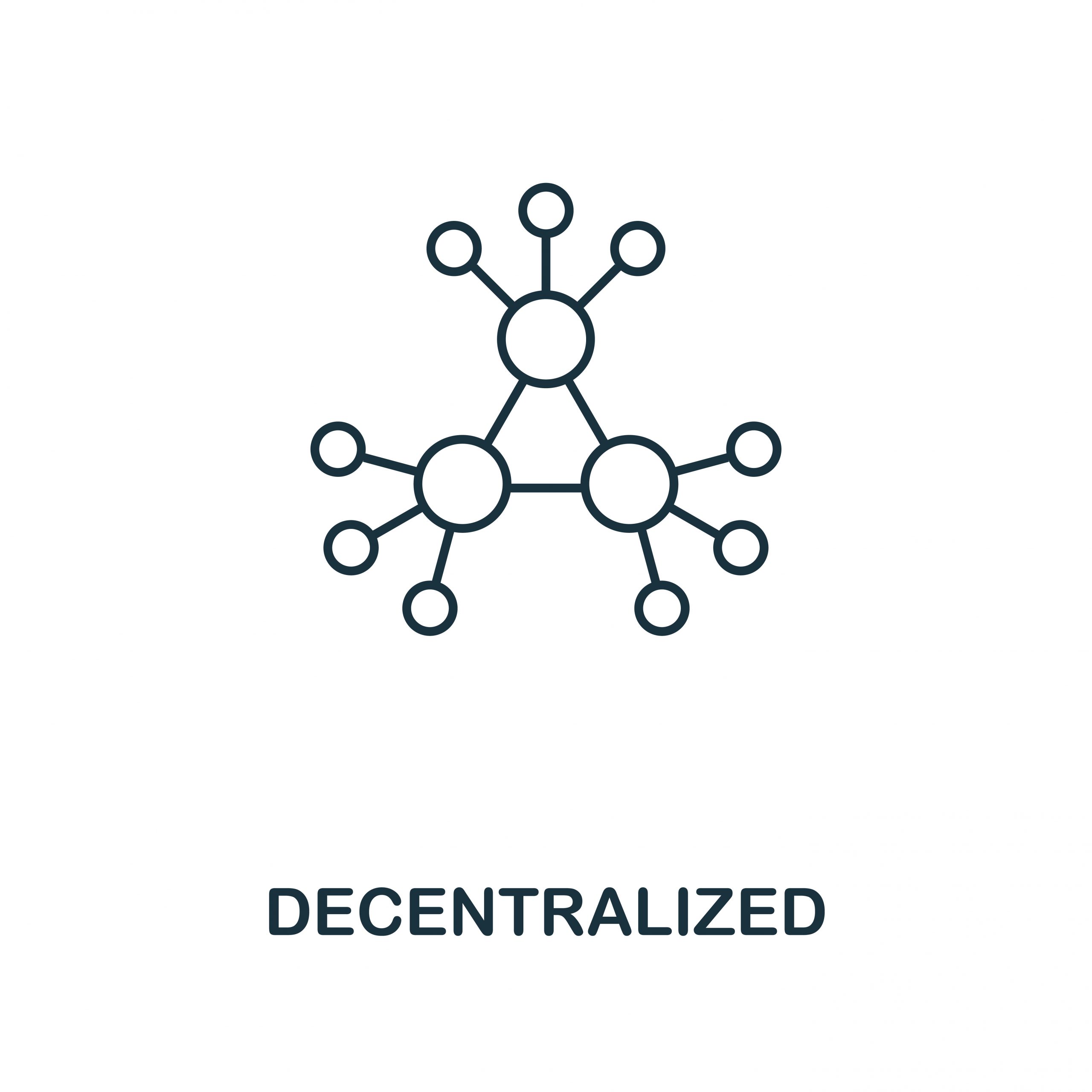03 February 2021 | ZebPay Trade-Desk
The Ministry of Finance has clarified its position on cryptocurrency and the country’s digital currency in the Rajya Sabha this morning. The crypto industry remains positive and believes that the government is unlikely to impose an outright ban on cryptocurrencies, including Bitcoin.
Cryptocurrencies like Bitcoin and Ether, are based on blockchain technology. A blockchain is basically a digital ledger of transactions that is duplicated and distributed across the entire network of computer systems on the blockchain, hence decentralized in nature as it doesn’t require an intermediary to facilitate a transaction. However, in the traditional financial ecosystem, a legal requirement that lenders and borrowers know one another’s identities exists, for which we have intermediaries, and these are typically banks. A centralized system requires a central owner which connects all users and devices, hence the availability of the network depends on this owner. However, centralized financial systems have been around for a long time, and have evolved over time. These systems are mass spread as they benefit from low maintenance costs, well developed infrastructure, and most importantly scale.
In a decentralized ecosystem, there are no such requirements. Instead, it’s a ‘trustless’ system, ensuring transparency. This allows for increased financial security, better transparency, more liquidity and growth opportunities. Ultimately, this helps to support the development of an integrated and standardized economic system. While more and more people are being drawn to DeFi applications, it’s hard to say where they’ll go. This financial technology is new, experimental and isn’t without problems. Decentralized systems are still prone to the same security and privacy risks to users as centralized systems. And while their fault tolerance is higher, this comes at a price. Maintaining a decentralized system is usually more expensive, while also tends to limit its scalability.
The decentralized ecosystem, and blockchain technology have several key advantages:
- Programmability. Ability to program smart contracts that automate execution and allow the creation of new financial instruments and digital assets.
- Immutability. Improvement in the security and auditability thanks to the blockchains decentralized architecture, also ensure tamper-proof data being exchanged.
- Interoperability. Ethereum’s software stack ensures that DeFi protocols and applications are built to integrate and complement one another. This gives developers the flexibility to build on top of existing protocols, customize interfaces, and integrate third-party applications.
- Transparency and Trust. On the public blockchain, each transaction is broadcasted to and verified by other users on the network. This allows for rich data analysis and ensures that network activity can easily be monitored by any user.
- Permissionless. Unlike traditional finance, DeFi is defined by its open, permissionless access: anyone with a crypto wallet and an Internet connection, regardless of their geography and often without any minimum amount of funds required, can access DeFi applications.
- Self-Custody and Control. DeFi market participants always keep custody of their assets and control of their personal data.
The decentralized ecosystem has brought more of the traditional banks’ capabilities into cryptos and managed to connect protocols more easily, allowing the implementation of new concepts with less effort. The blockchain platform is global, and hence it can tolerate localized shutdowns or attacks; it is censorship-resistant, as no permission is required to join the peer-to-peer network, as long as one operates it as per protocol; it is open-source, so its maintenance and integrity are shared across a network of engineers; and it is distributed, so there is no central server nor administrator from whom a large amount of value or information might be stolen.
There are advantages and disadvantages to each financial ecosystem. Less prone to failure and more efficient, decentralized systems have provided a considerable improvement over the old systems. The decentralized ecosystem is growing globally, especially since over the years they have become more affordable as the technology has evolved. Governments, Banks, and other FI’s have started to understand the power of DeFi solutions, and believe various DeFi projects have the potential to become the next big thing, drawing in hordes of new users by making financial applications more inclusive and open to those who don’t traditionally have access to such platforms.
Disclaimer: This report is not intended to be relied upon as advice to investors or potential investors and does not take into account the investment objectives, financial situation or needs of any investor. All investors should consider such factors in consultation with a professional advisor of their choosing when deciding if an investment is appropriate. The Company has prepared this report based on information available to it, including information derived from public sources that have not been independently verified. No representation or warranty, express or implied, is provided in relation to the fairness, accuracy, correctness, completeness or reliability of the information, opinions or conclusions expressed herein. This report is preliminary and subject to change; the Company undertakes no obligation to update or revise the reports to reflect events or circumstances that arise after the date made or to reflect the occurrence of unanticipated events. Trading & Investments in cryptocurrencies viz. Bitcoin, Bitcoin Cash, Ethereum etc.are very speculative and are subject to market risks. The analysis by Author is for informational purposes only and should not be treated as investment advice.

